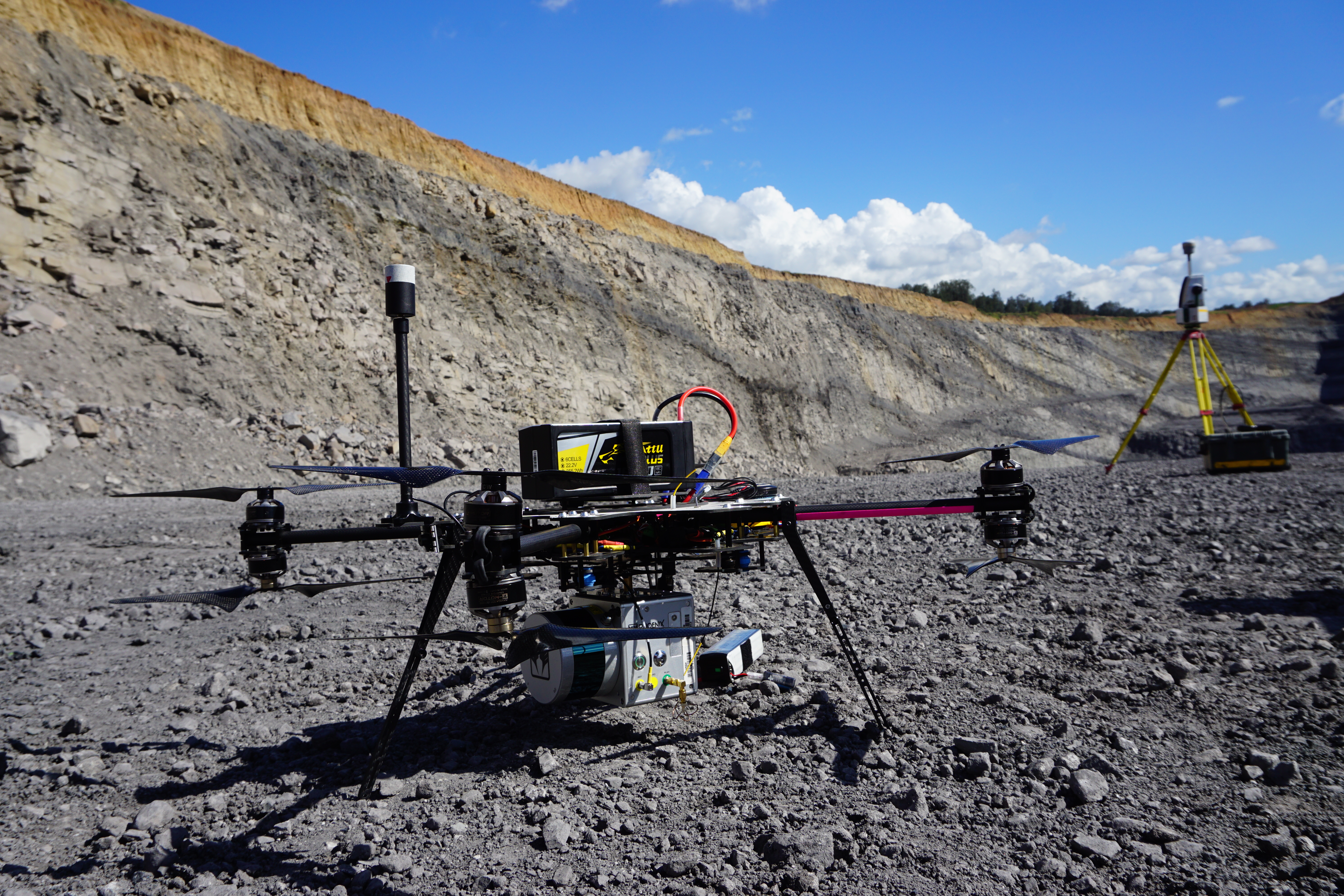UNSW School of Minerals and Energy Resources receive ARC Industrial Transformation Research Hub grants to bring digital transformation into resource sectors
UNSW ARC Research Hub Grants of $9.9 million enable further research at UNSW into Resilient and Intelligent Infrastructure Systems (RIIS), and Health Connected Sensors.

